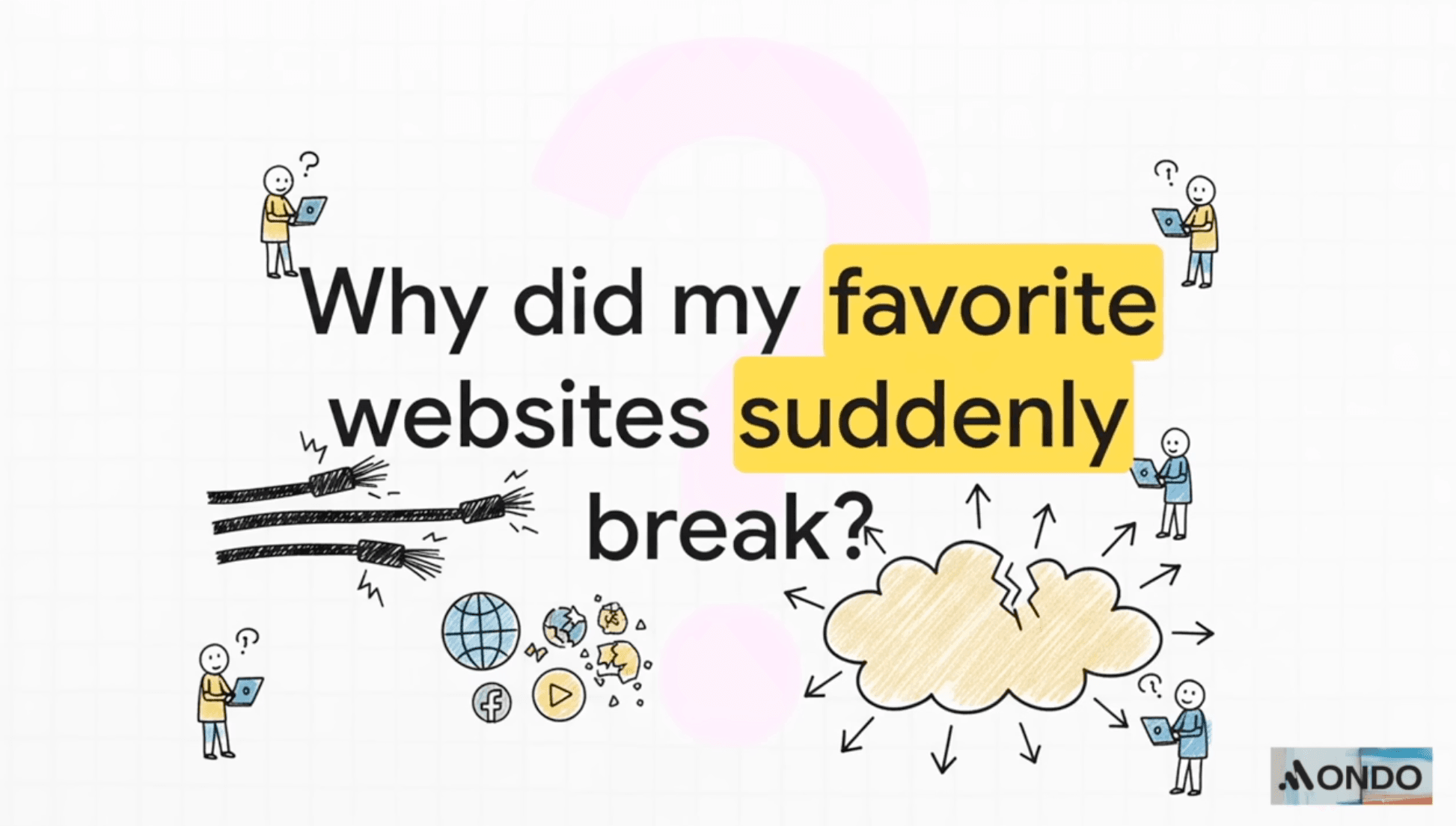The Digital Transformation of Money is Now

Vector image is from freepik.com by @freepik
In a world where ignoring Bitcoin is no longer an option, understanding its impact on our global monetary system has become crucial. Each of us, knowingly or not, already has a Bitcoin strategy – and choosing to overlook it is simply a major disservice to your stakeholders.
The Global Context: Understanding Our Volatile World
We are arguably living in unprecedented times and are faced with innumerable existential challenges that are happening at the same time making it even more difficult to fully grasp or appreciate. This may be part of the reason why conversations around VUCA (volatile, uncertainty, complex, and ambiguous) have been frequent of late as we attempt to understand and contextualise these challenges. In this regard, we are all encumbered by issues relating to the conflicts in Europe, the war in the Middle East, the tensions in Asia, the coups in Africa, and so on. Further, many of us are engaged in our daily discussions on the opportunities and threats of artificial intelligence and the potential existential crisis it may bring to our species. On top of that, we are constantly reminded each time we eat or buy groceries that the effect of inflation is very real and far from over.
I could go on and highlight a number of other challenges from the global debt burden, the central banks playing red light / green light with interest rates, the looming recession, the layoffs that have just begun, the zombie companies, and more. Notice that I didn’t even mention the pandemic and the aftereffects of the global lockdowns and vaccine mandates…oops. Just one of those things alone would have made our plates completely full in the now-yesteryears. Surely our lot in corporate and political life is unenviable. Now you may be thinking, “enough with the anxiety, what does all that have anything to do with Bitcoin?” Well, the simple answer to that is…everything. The question is, how? These issues are more than just news headlines; they directly impact our financial stability and future. This backdrop sets the stage for a deeper exploration of Bitcoin, a technology at the intersection of finance, technology, and society.
Bitcoin: More Than Just a Cryptocurrency
Bitcoin is not just another financial tool; it is a response to the global need for a stable and decentralised monetary system. As I was doing research for my book (I wanted to help anyone understand blockchain from the perspective of Bitcoin’s use cases and its network), I discovered that the best way to understand Bitcoin is to ask a single fundamental and often overlooked question, and that question is: “What is money?” That question led me down a rabbit hole that goes beyond technology, macroeconomics, finance, monetary systems, and even philosophy.
Anyone with eyes and half a mind can easily see that the world right now is standing on a dangerously precarious precipice. Only a thin thread is left, helping to securely hold us in place. That thread represents those of us present who are burdened with a task that can ultimately determine the very fate of our species. If only that was a hyperbole because I’ve not been known to have a flair for being dramatic.
In the foreword by Datuk Dr. Mohamed Arif bin Nun, in my book, he shared a thought-provoking question that all of us will have to answer, whether we are aware of it or not. That question is, “should someone have control of money or should no one?” For the critical thinkers amongst us, we can clearly see how that is at the core of the true battle that is going on in the world right now.
Centralised vs. Decentralised Money: A Critical Comparison
The difference between centralised and decentralised money is at the heart of the Bitcoin debate. Centralised currencies, controlled by central banks and governments, are susceptible to inflation, political influence, and financial surveillance. In contrast, Bitcoin offers a decentralised alternative, free from these constraints, promising more financial freedom and stability. For those exploring alternative digital assets beyond Bitcoin, platforms like MoonPay make it easy to buy Ethereum, another decentralised cryptocurrency gaining attention for its speed and utility in cross-border payments.
Helping people gain perspective around all this is part of the reason why I wrote my book. You’ve probably heard of things like cryptocurrencies, central bank digital currencies (CBDC), altcoins, NFT or non-fungible tokens, Web3, and so on. But are you aware that we probably wouldn’t be talking about any of them if Bitcoin didn’t exist? Also, why are there a number of highly vitriolic people out there who loudly proclaim that Bitcoin is a scam, it will go to zero, and it is nothing more than a Ponzi scheme, while at the same time and on the polar opposite of that spectrum, there are others who also loudly proclaim that Bitcoin adoption is inevitable, it is the very thing that can fix our broken monetary system, and Bitcoin can even potentially usher in a new golden age for our civilisation? Arguably, there has never been a more divisive stance on a piece of technology that has ever been invented.
The Future of Money: Embracing Digital Currencies
As the world gravitates towards digital currencies, understanding and adapting to these changes is not optional; it's essential. While Bitcoin remains the most prominent cryptocurrency, some investors choose to Buy Ripple as an alternative digital asset with different use cases and potential. This is not just about staying current; it's about safeguarding our financial future as well as understanding what individual sovereignty really means for each of us. Every individual, business, and nation must develop a Bitcoin strategy that goes beyond mere investment. It's about understanding the risks and opportunities of digital currencies and making informed decisions that align with our goals, values, and the very idea of human rights.
For those of us who take accountability and responsibility seriously, it is incumbent upon us to take ownership of the situation and make sense of things to figure out the truth for ourselves. The time now is beyond critical; each of us will need to make a conscious decision and decide for ourselves how we plan to respond. For example, what is the difference between centralised and decentralised money, and how are they enabled? Why are major global banks accelerating the development of their own digital currency, and should we not have transparent and public discourse on its technology architecture? What are the real threats of centralised money, especially when combined with digital IDs? What will all this mean for you, your financial well-being, and your very freedom? All this begins with a clear understanding of the technology as well as the very concept of money itself.
The Dark Side of Centralised Digital Currencies: Surveillance, Control, and the Threat to Personal Freedom
In terms of threats, we need to be aware that centralised money can literally bring about the stuff that we’ve only previously seen in movies and shows like “Black Mirror” on Netflix. The idea of privacy will completely end with a level of financial surveillance that can track and analyse what and how you spend “your money,” that would make you think twice before you make any transactions. Those who control the centralised money can also put an expiration date on “your money” so that you will be forced to spend within a given timeframe, making savings virtually impossible. This technology will also make it possible for those in control to determine where you spend “your money” and on what items; this refers to the restricted fungibility of “your money.” When combined with digital IDs, the next step will be to enable a social credit system to manage the behaviour of the population to such a degree that would make any tyrant from antiquity blush. These are but a few of the dangers that we need to be aware of and demand open and public discourse and debate to ensure the rights and freedoms of the populace are protected and sacrosanct.
Conclusion: The Imperative of a Bitcoin Strategy
Towards this end, every single country, business, and individual will need to develop their own Bitcoin strategy and understand why a decentralised money can counter those threats I’ve mentioned above. For those with means, it may be strategic to organise a taskforce and develop your own plan of action. Will you approach acquisition as part of your treasury, asset allocation, or will you look at it from the perspective of risk mitigation? How will your organisation take the initiative and evolve from a strategic and operational standpoint when there is global adoption of digital currencies? Will you look into identifying investment and strategic partnership opportunities within the Bitcoin startup ecosystem? Are you aware of any sources of sustainable energy including excess energy, wasted energy, and stranded energy, that you can monetise through Bitcoin mining projects? These are all crucial and critical questions that need to be thoughtfully addressed. Failing this will open up a Pandora’s box of risks that will affect you and those closest to you.
The journey into understanding the world of Bitcoin and digital currencies is not just a financial decision; it's a strategic move towards a more stable and equitable future. By educating ourselves and actively participating in this digital transformation, we can better navigate the challenges and opportunities that lie ahead.
You may also like this: Tokenomics - Beyond Token and Trading
Disclaimer: This is not financial or investment advice; please do your own research and evaluate your risk appetite before investing. The views expressed in this article belong to the author and not Leaderonomics, its directors, its affiliates, or employees.
Leaderonomics.com is an advertisement free website. Your continuous support and trust in us allows us to curate, deliver and upkeep the maintenance of our website. When you support us, you allow millions to continue reading for free on our website. Will you give today? Click here to support us.
Edited by: Kiran Tuljaram
Redza Arbee is a digital transformation professional with over 17 years of experience across various industries and organizations, including finance, technology, and the public sector. His passion for understanding the global monetary system and his extensive knowledge in digital transformation led him to write the book “The Digital Transformation of Money: A Primer on Why Bitcoin Matters and How it Works.”
Throughout his career, Redza has led various digital transformation initiatives across different industries from strategy development, policy recommendations, to digitalization projects. At Khazanah Nasional, Malaysia’s sovereign wealth fund, Redza developed a digital adoption framework as part of their digital transformation strategy as well as worked on their cloud solutions deployment initiatives. There, he also gained valuable insights into the intricacies of the financial industry, providing context for his writing in this book. At the United Nations, Redza laid the partnerships groundwork for the technology innovation lab (UNTIL) in Malaysia, while exploring ways to accelerate the adoption of sustainable development goals through the application of technology. Click here for more information on Redza.





